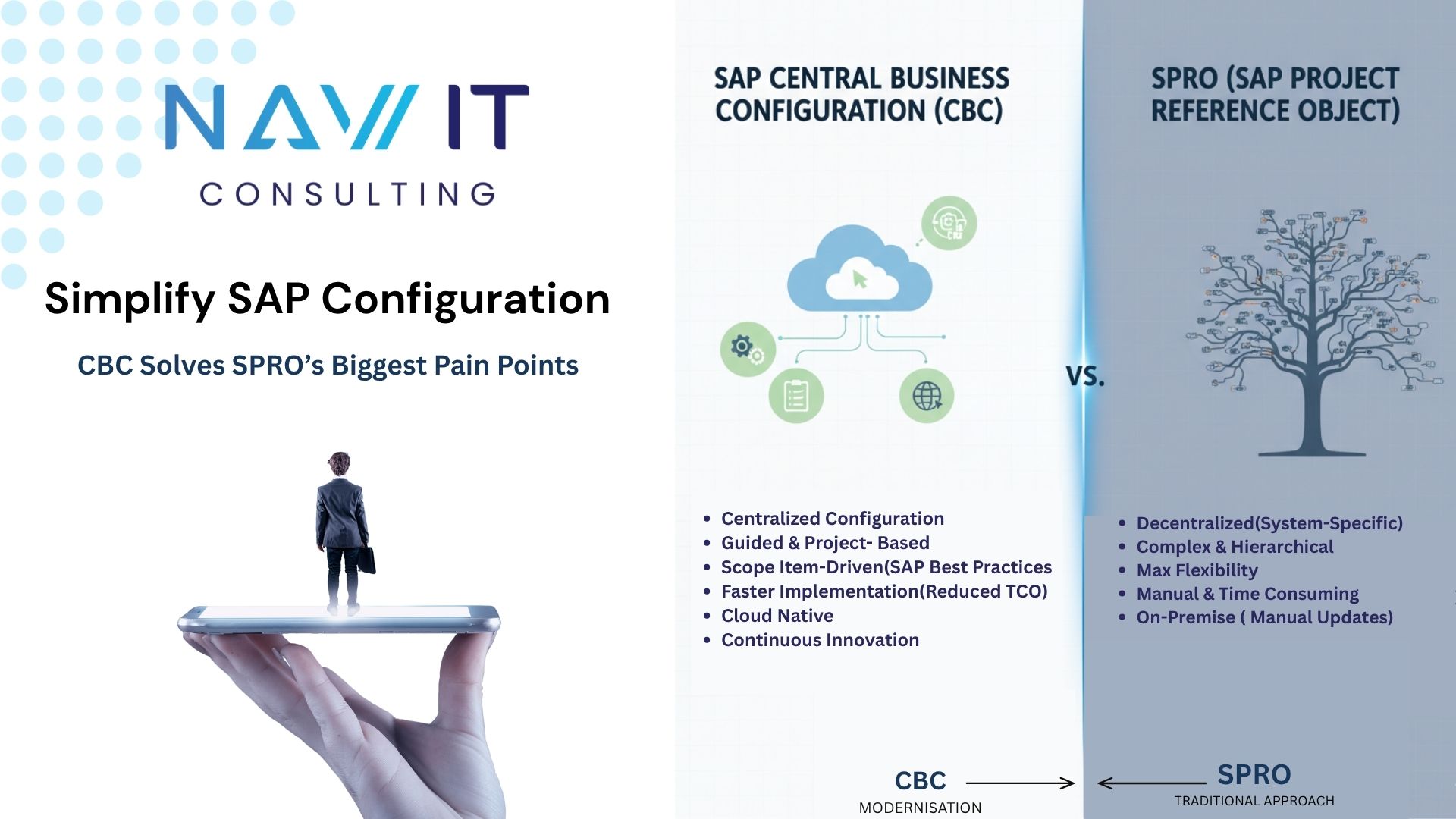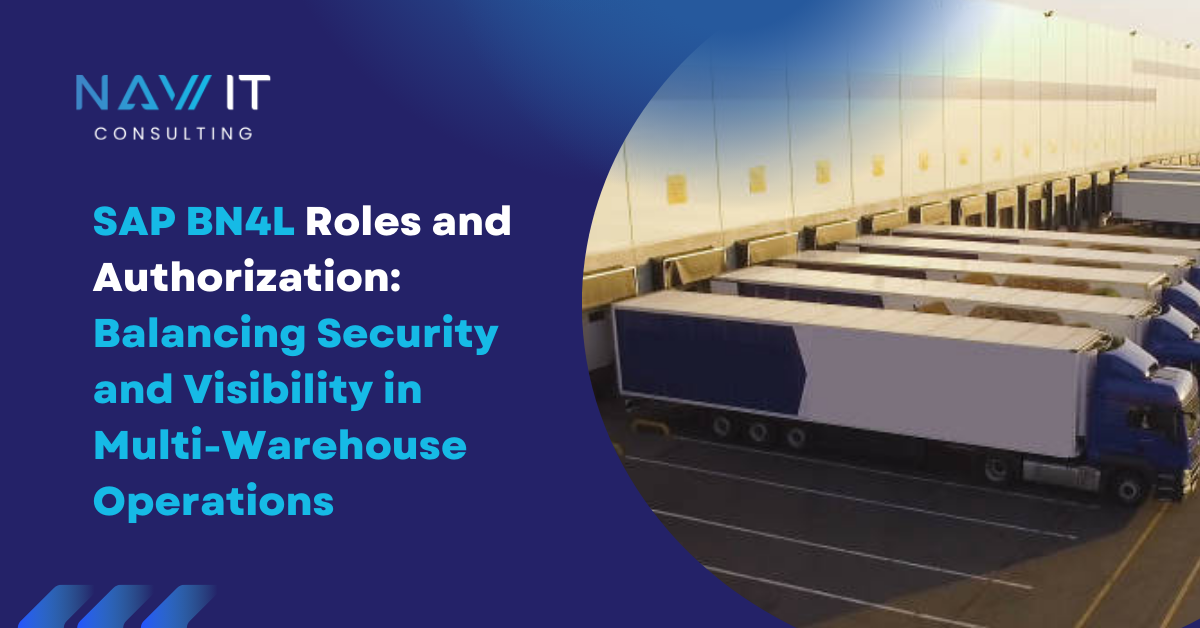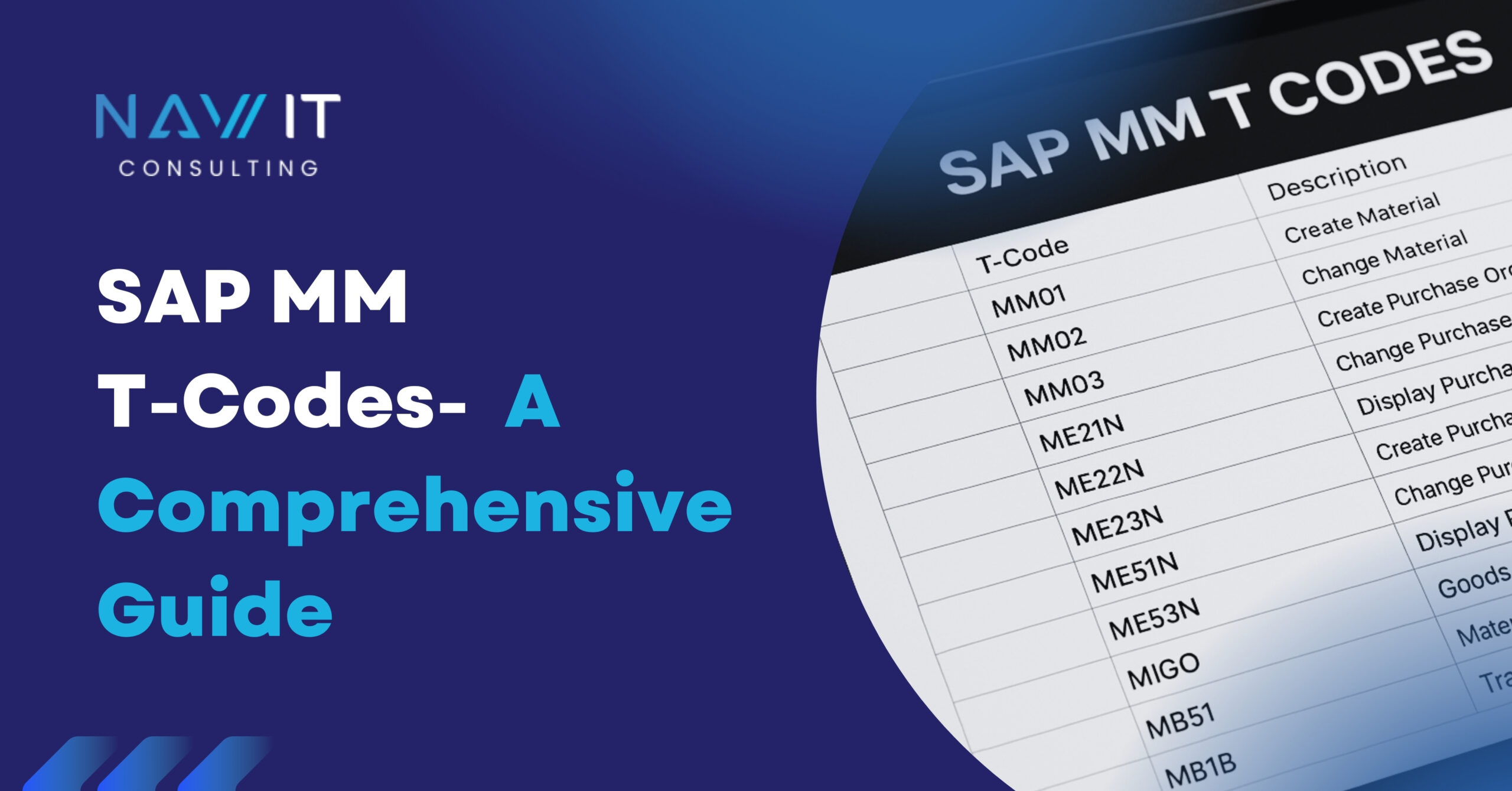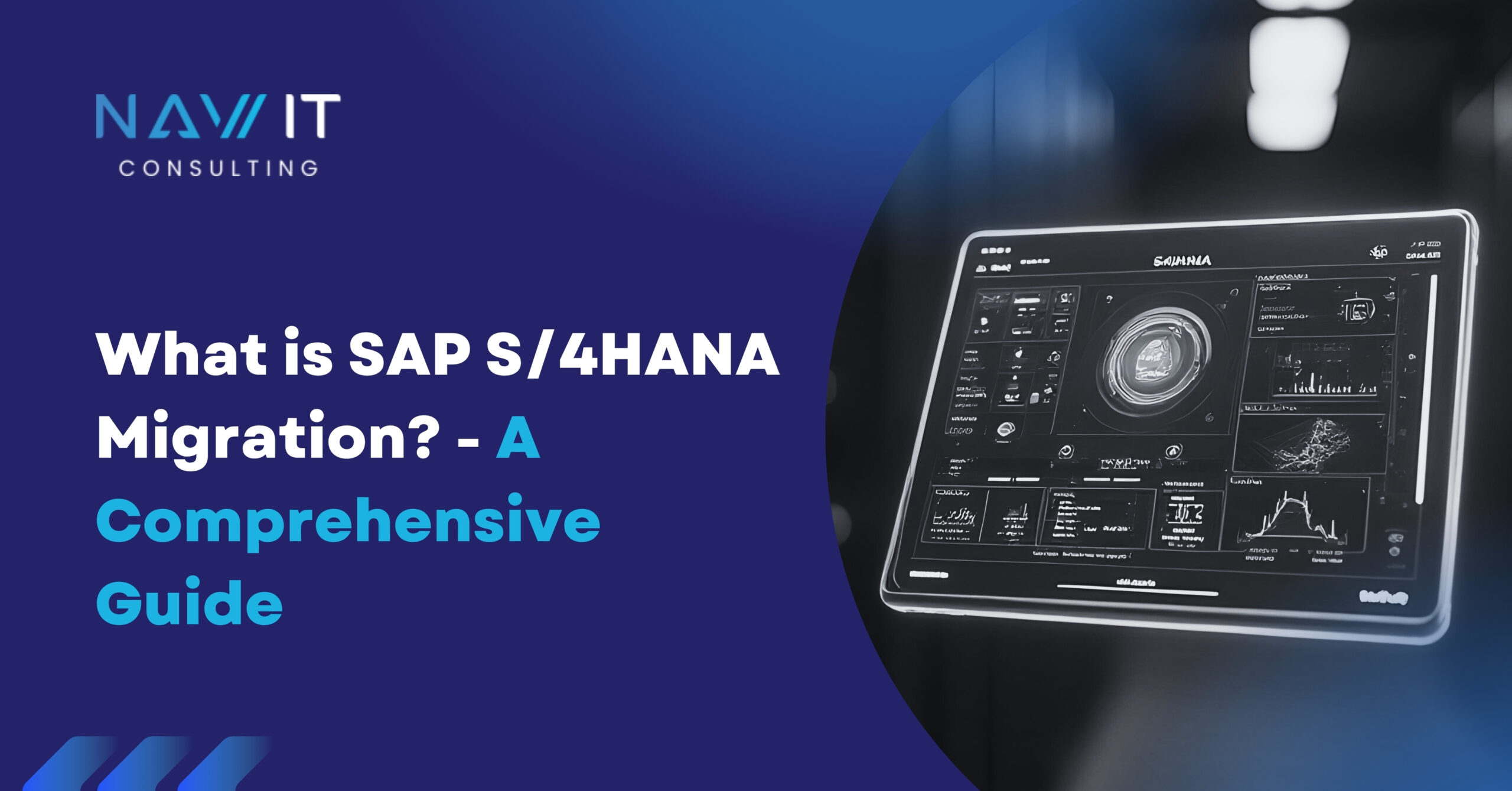A Quick Guide to Incoterms 2020: Definitions, Responsibilities, and Best Practices
Introduction to Incoterms
Trading has been a fundamental part of human civilization for over 150,000 years, evolving from simple barter systems to the complex global trade networks we see today. With trade comes challenges, particularly when it involves international transactions. Disputes over responsibilities, costs, and risks often arise between buyers and sellers. To address these challenges and simplify international trade processes, the International Chamber of Commerce (ICC) introduced Incoterms in 1936.
What Are Incoterms?
Incoterms, or International Commercial Terms, are a set of standardized rules that define the responsibilities of buyers and sellers in international trade. These terms clarify who is responsible for transporting goods, covering costs, managing risks, and handling insurance. By providing a common language, Incoterms reduce misunderstandings and disputes, ensuring smoother trade operations.
Incoterms 2020 are divided into two main categories:
- Incoterms for Any Mode of Transport
- Incoterms for Sea and Inland Waterway Transport
Incoterms for Any Mode of Transport:
- EXW (Ex Works):
- Description: The seller makes the goods available at their premises, with the buyer assuming all risks and costs from that point onward.
- Mode of Transport: Any
- FCA (Free Carrier):
- Description: The seller delivers the goods to a carrier or another nominated person at a specified location.
- Mode of Transport: Any
- CPT (Carriage Paid To):
- Description: The seller pays for the carriage to a named destination, but the risk passes to the buyer once the goods are handed over to the carrier.
- Mode of Transport: Any
- CIP (Carriage and Insurance Paid To):
- Description: Similar to CPT, but the seller also covers insurance.
- Mode of Transport: Any
- DAP (Delivered at Place):
- Description: The seller delivers the goods to the named place, ready for unloading, with the buyer assuming the risk upon delivery.
- Mode of Transport: Any
- DPU (Delivered at Place Unloaded):
- Description: The seller delivers and unloads the goods at the named destination.
- Mode of Transport: Any
- DDP (Delivered Duty Paid):
- Description: The seller assumes all risks and costs, including duties, until the goods reach the named destination.
- Mode of Transport: Any
Incoterms for Sea and Inland Waterway Transport:
- EXW (Ex Works):
- Description: The seller delivers the goods alongside the vessel at the port of shipment, with the buyer bearing all costs and risks from that point.
- Mode of Transport: Sea and Inland Waterway
- FOB (Free On Board):
- Description: The seller delivers the goods on board the vessel at the port of shipment.
- Mode of Transport: Sea and Inland Waterway
- CFR (Cost and Freight):
- Description: The seller pays for the cost and freight to the port of destination, but the risk passes once the goods are on board.
- Mode of Transport: Sea and Inland Waterway
- CIF (Cost, Insurance and Freight):
- Description: Similar to CFR, but the seller also pays for insurance.
- Mode of Transport: Sea and Inland Waterway

Automating Incoterms Management in SAP S/4HANA
In today’s digital world, the automation of trade processes is essential for efficiency and accuracy. SAP S/4HANA offers capability to manage Incoterms and Incoterm locations within the Business Partner master data. This data is automatically pulled into sales and purchase orders, ensuring that the correct terms are applied throughout the process.
However, the Incoterm location is still a free-text, which poses challenges for transportation planners in SAP Transportation Management (SAP TM) to map it to a correct location. This can lead to transportation delays, compliance issues, and ultimately, customer dissatisfaction.
Solutions to Overcome These Challenges:
- Mapping Free Text to the Location in SAP TM: This standard solution requires regular maintenance to ensure new Incoterm locations are correctly mapped. It’s simple but demands ongoing attention from users.
- Custom Development for Automated Location Search: By enabling location search at the Business Partner level, this custom solution allows for full automation, ensuring that the entire process runs smoothly without manual intervention. No one in the chain below is impacted by new Incoterm locations, making this a robust and scalable solution.
What NAV IT Offers
At NAV IT, we specialize in helping businesses overcome challenges related to Incoterms and transport planning in SAP S/4HANA. Our team of experts can assist you with:
- Custom Development: Implementing automated solutions to manage Incoterm locations seamlessly.
- Consulting Services: Providing strategic advice and practical solutions to optimize your trade processes.
- Ongoing Support: Ensuring that your systems are always up-to-date and running efficiently.
If you’re facing similar challenges in your S/4HANA related to Incoterms, NAV IT is here to help you fully automate your transport planning and optimize your trade operations.
Q&A: Understanding Incoterms Better
Q1: What are Incoterms, and why are they important?
A1: Incoterms are standardized rules that define the responsibilities of buyers and sellers in international trade. They are essential for clarifying who is responsible for transportation, risk, and costs, reducing disputes, and ensuring smoother trade operations.
Q2: How do Incoterms impact SAP systems?
A2: In SAP systems, Incoterms and their locations must be correctly captured in sales and purchase orders. If not properly maintained, this can lead to transport planning issues, delays, and compliance challenges.
Q3: Can Incoterms be automated in SAP S/4HANA?
A3: Yes, SAP S/4HANA offers capabilities to automate Incoterm management. However, due to the free-text nature of Incoterm locations, additional solutions may be needed, such as custom development to enable automated location search.
Q4: What is the benefit of custom development for Incoterm locations in SAP TM?
A4: Custom development allows for automated management of Incoterm locations, ensuring accuracy and reducing manual intervention. This leads to more efficient transport planning and fewer errors.
Q5: How can NAV IT help with Incoterm management in SAP?
A5: NAV IT provides tailored solutions, including custom development and consulting services, to help businesses fully automate their Incoterm management and optimize their transport planning processes.
Conclusion
Incoterms are a critical component of international trade, providing a clear framework for the responsibilities of buyers and sellers. With SAP S/4HANA, businesses can automate the management of Incoterms, but challenges with Incoterm locations require specialized solutions. NAV IT offers the expertise to overcome these challenges, helping you streamline your trade operations and achieve success.
If you need support with your S/4HANA project, contact NAV IT today to learn how we can assist you in fully automating your transport planning and optimizing your trade processes.









